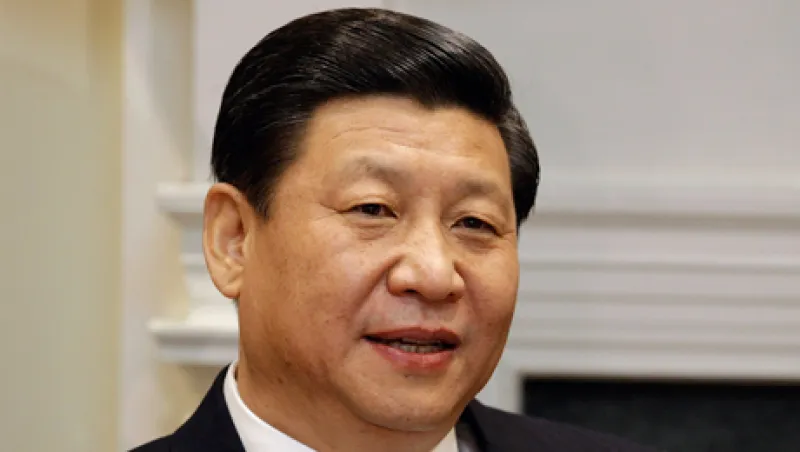
No Surprise but Plenty of Suspense in Chinese Leadership Transition
The Chinese leadership transition has been a foregone conclusion for some time. But there is still plenty of suspense.
Allen T Cheng
November 6, 2012


